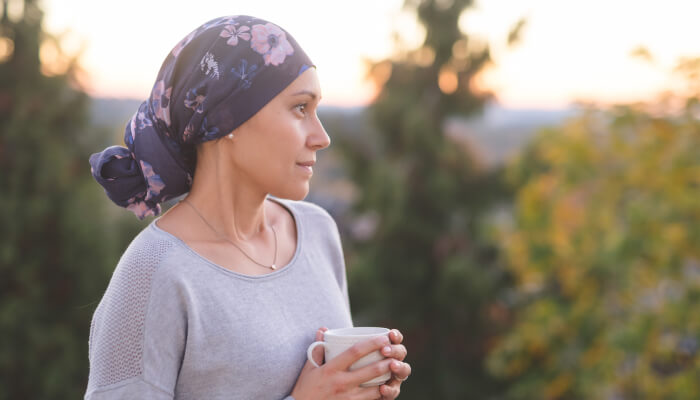The new (ab)normal: optimising patient care in a virtual world
On Friday 4 December 2020, Professor Shafi Ahmed (Consultant Colorectal Surgeon, Bart’s Health NHS Trust, UK) was joined by a panel of international experts from the US, Brazil and Germany for an interactive educational symposium to discuss The new (ab)normal: optimising patient care in a virtual world. Watch the full recording of the symposium below.
The COVID-19 pandemic has led to dramatic changes in how healthcare professionals interact with and manage patients. Countries have approached the challenge in different ways, encountering a variety of obstacles and learning valuable lessons in the process. Throughout the symposium, Professor Ahmed and the panel explored the hurdles and solutions encountered in 2020, sharing insights from a pre-meeting survey and live audience polling. As you would expect, both the experience of the panel and audience highlighted a rapid shift from face-to-face interactions with patients and colleagues to implementing digital innovations to support working remotely.
Dr Alex Pimenta (Clínica AMO, Bahia Region, Brazil) provided his insights from evolving new ways of managing patients in his daily practice. His clinic has worked hard to use the tools that patients are already familiar with, rather than implement novel technologies that some may struggle with. Within a month of the start of the pandemic, Dr Pimenta and his colleagues were offering telephone consultations to patients using smartphones and pre-existing platforms. The feedback from both patients and physicians has been overwhelmingly positive and, while there are still some obstacles to overcome, Dr Pimenta and his team have established that it is possible to rapidly provide patients with options for speaking to their healthcare providers and managing their treatment when face-to-face consultations are not possible.
After discussing how patient consultations had been adapted in other clinical settings, the panel turned their attention to multidisciplinary tumour board meetings (MDTBs) and how these have evolved over 2020. Dr Kristin Rojas (Maimonides Medical Center, Brooklyn, NY, US) shared her experiences of working to ensure that they could continue to hold their MTBs through the COVID-19 pandemic. Dr Rojas highlighted guidelines for triaging patients and ensuring appropriate distribution of resources that she developed with colleagues to maintain high levels of patient care.
Having heard about adapting MDTBs in a city hospital, Dr Rojas handed the discussion to Professor Alexandria Phan (University of Texas Health Science, Tyler, USA) to present a case study on how changes were made in a rural setting to switch to virtual MDTBs over the course of two weeks. Her presentation highlighted the steps taken to prepare for, and implement, a cloud-based platform to support virtual tumour boards, enabling remote discussion with colleagues further afield.
Expanding on the presentation from Professor Phan, Professor Henning Schulze-Bergkamen (St Mary Hospital, Wesel, Germany) highlighted an interregional network of molecular tumour boards that was developed early in 2020, before the pandemic started, in response to the expanding needs of the multidisciplinary team. Professor Schulze-Bergkamen presented the process his group went through, from engaging with key stakeholders from 7 different locations, to providing a framework and guidelines for implementing MTBs earlier in 2020. The interregional initiative has been invaluable in supporting the interpretation of molecular data and personalised patient treatment approaches.
The meeting concluded with a presentation from Professor Ahmed considering the future of patient care and how this might change, not only as a result of changes forced by the COVID-19 pandemic but also more broadly as newer technologies become available. There are an array of technologies including augmented reality, wearable technology, 5G, cloud computing, brain interfaces and others that are coming together at a time that is described by some as the fourth industrial revolution. Professor Ahmed commented that this is ‘an exciting time to be alive’ and the explosion of technology available to healthcare systems will continue to drive improvements in patient care.








